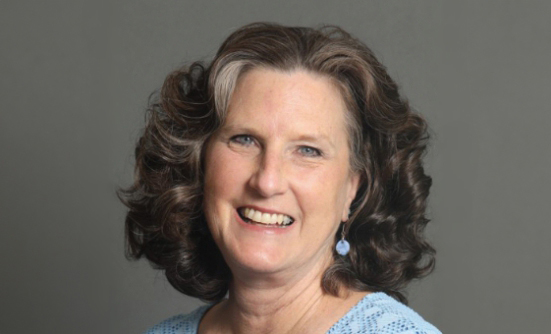Although everyone was busy over the holidays, our wheels never slow down to provide you your next issue of CONQUER. Let me give you some highlights of what is inside.
As we continue to do research nationally and internationally to find a cure, and true prevention, for cancer, we have learned that this disease is far more complex than anyone ever imagined. Despite that, great progress has been made in the form of new treatments.
For centuries we have only had surgery, chemotherapy, and radiation as the methods to tackle cancer. Now we are experiencing an evolution of treatments that are more sophisticated than ever in treating this devastating disease. Biologic targeted therapies, immunotherapies, along with improved surgical techniques and more targeted radiation, enable cancer specialists to treat new patients with cancer with the goal of long-term survivorship. Even those who may be dealing with a life-threatening advanced cancer are benefiting from newer drug classes that treat the biology of cancer, providing longer longevity and improved quality of life.
March 31 is International Transgender Day of Visibility. When we think about people being diagnosed with cancer, we often think of them as being “males and females,” but transgender patients have special needs. They have unique needs and even have different cancer risks, based on where they are in their gender transition process. Hormones play a big role in cancer risk. Read more about this topic and share this information with someone you know who may benefit from it.
Patients worry during treatment what is best for them to eat, and worry even more when they have completed their treatments. Are there nutritional choices that are better to make than others that might reduce risk of recurrence? Yes there are, and they are within your control. Read 2 articles that focus on nutritional health, and how you can help to reduce your risk of getting cancer again, as well as maintain a healthy diet during treatment.
Read about a specific support service that you may be interested in exploring, especially if you live in the mid-Atlantic region. It is called Mary’s Place by the Sea. The name alone is inviting. Respite, relaxation, and a sense of calm can benefit patients as well as their caregivers.
Finally, read about the patient who was treated for non-Hodgkin lymphoma and is struggling with long-term and late side effects from the treatment. Read how he is adjusting to life with these side effects. His story is an example of how a treatment that saves a patient’s life can also cause long-term side effects that are disruptive to his quality of life. This is a catch-22, because without the original treatment he would not have survived.
This story, for me, raises the importance of carefully explaining to our patients what may lie ahead after the cancer treatment is done. Often patients are so frightened about dying, that they are willing to take on any long-term side effect, but once treatment is over, there is less tolerance for this continuing or a new problem. This tells me that we need to continue to develop better ways of preventing these late side effects. Some side effects can even happen after treatment and we don’t yet know what they are.
So kick your feet up and finish February, National Cancer Prevention Month, with another healthy issue of CONQUER: the patient voice!













